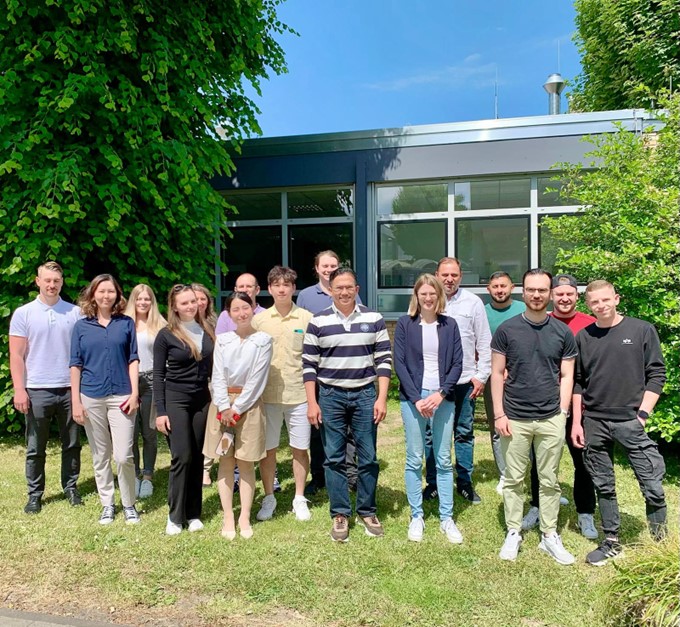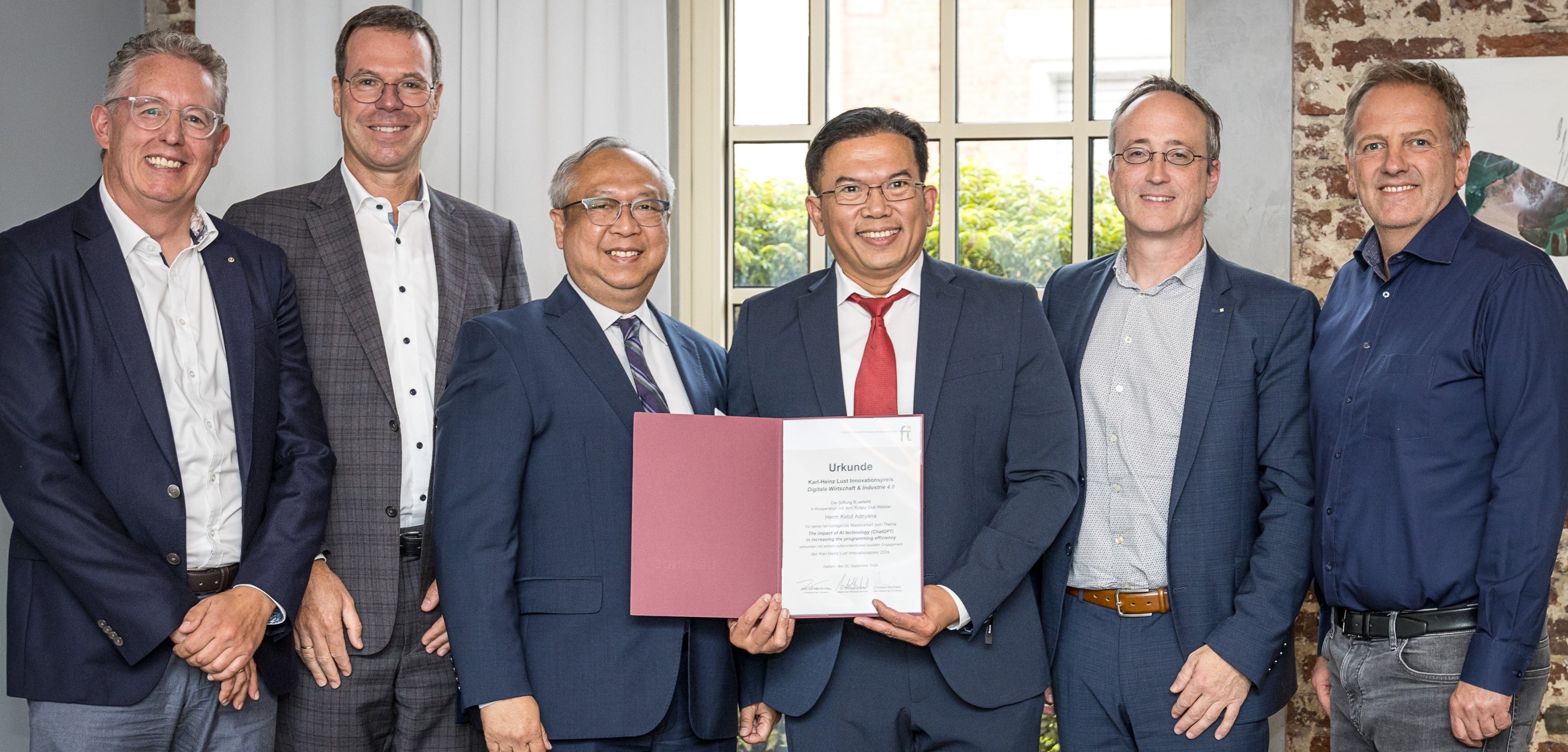 Christian Bernhard (Rotary Club Wetzlar) to the left of Prof. Sames, Indonesian Consul General, Mr. Antonius Yudi Triantoro and to the right of Ketut Adnyana is Prof. Dr. Jochen Frey (Head of Executive Board of Stiftung fit and Vice President of THM) and Dr. Wolfgang Lust.
Christian Bernhard (Rotary Club Wetzlar) to the left of Prof. Sames, Indonesian Consul General, Mr. Antonius Yudi Triantoro and to the right of Ketut Adnyana is Prof. Dr. Jochen Frey (Head of Executive Board of Stiftung fit and Vice President of THM) and Dr. Wolfgang Lust.
We are thrilled to announce that Ketut Adnyana, a recent graduate of our MBA program at THM Business School, has been awarded the esteemed Karl-Heinz Lust Innovation Award for 2024. This recognition highlights the exceptional quality and relevance of our MBA program in today's rapidly evolving business and technology landscape.
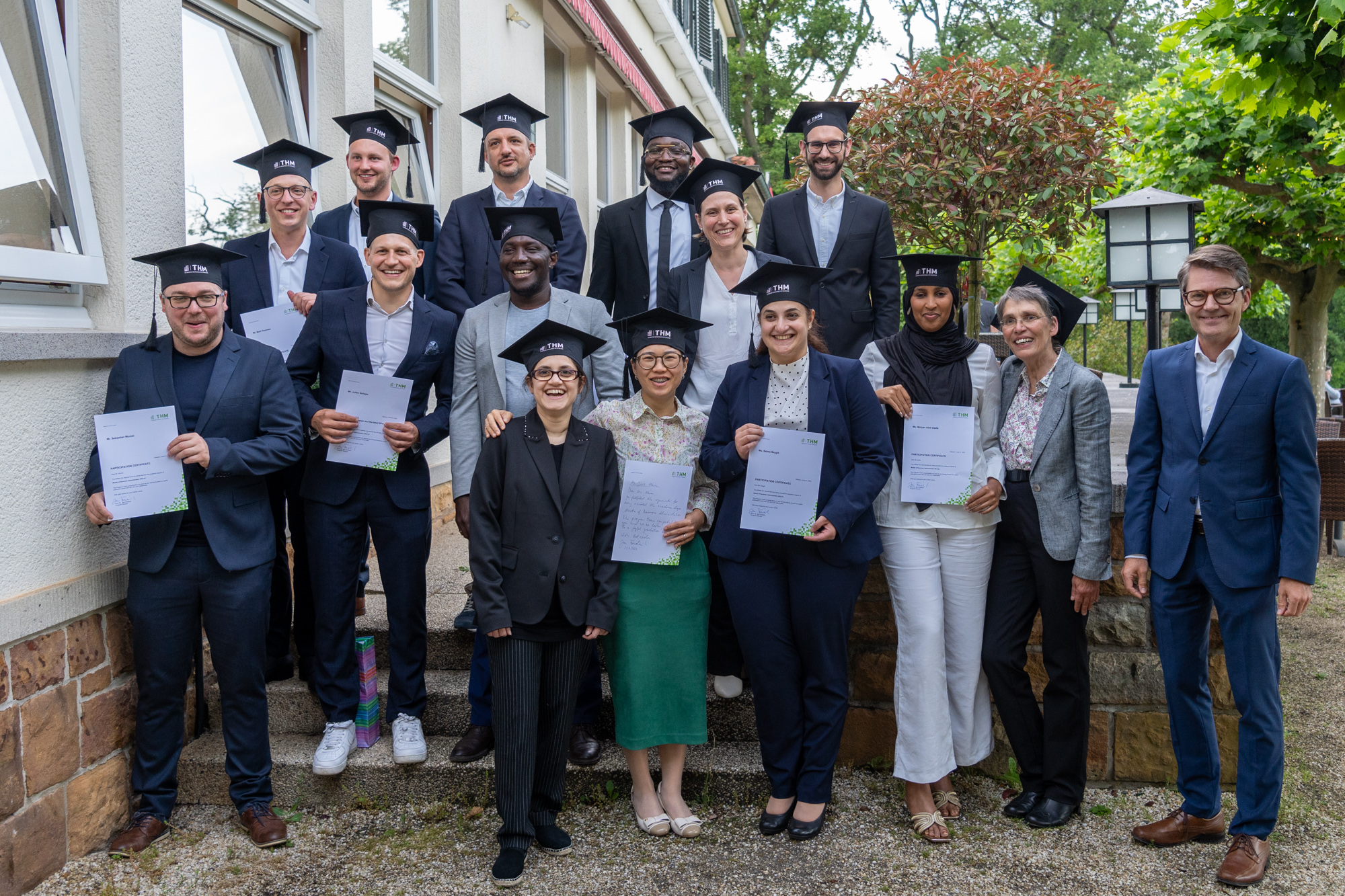
The evening of Friday, the 21st of June marked a significant milestone at THM as we celebrated the graduation of the 19th cohort of our esteemed MBA program. The event was a memorable one, filled with pride, joy, and a sense of accomplishment.

Die Entscheidung, ein MBA-Programm zu absolvieren, ist eine bedeutende Investition in die eigene Zukunft. Doch neben der Zeit und dem Engagement erfordert ein MBA auch finanzielle Mittel.
Glücklicherweise gibt es verschiedene Möglichkeiten, wie man den MBA an der Technischen Hochschule Mittelhessen (THM) finanzieren kann.
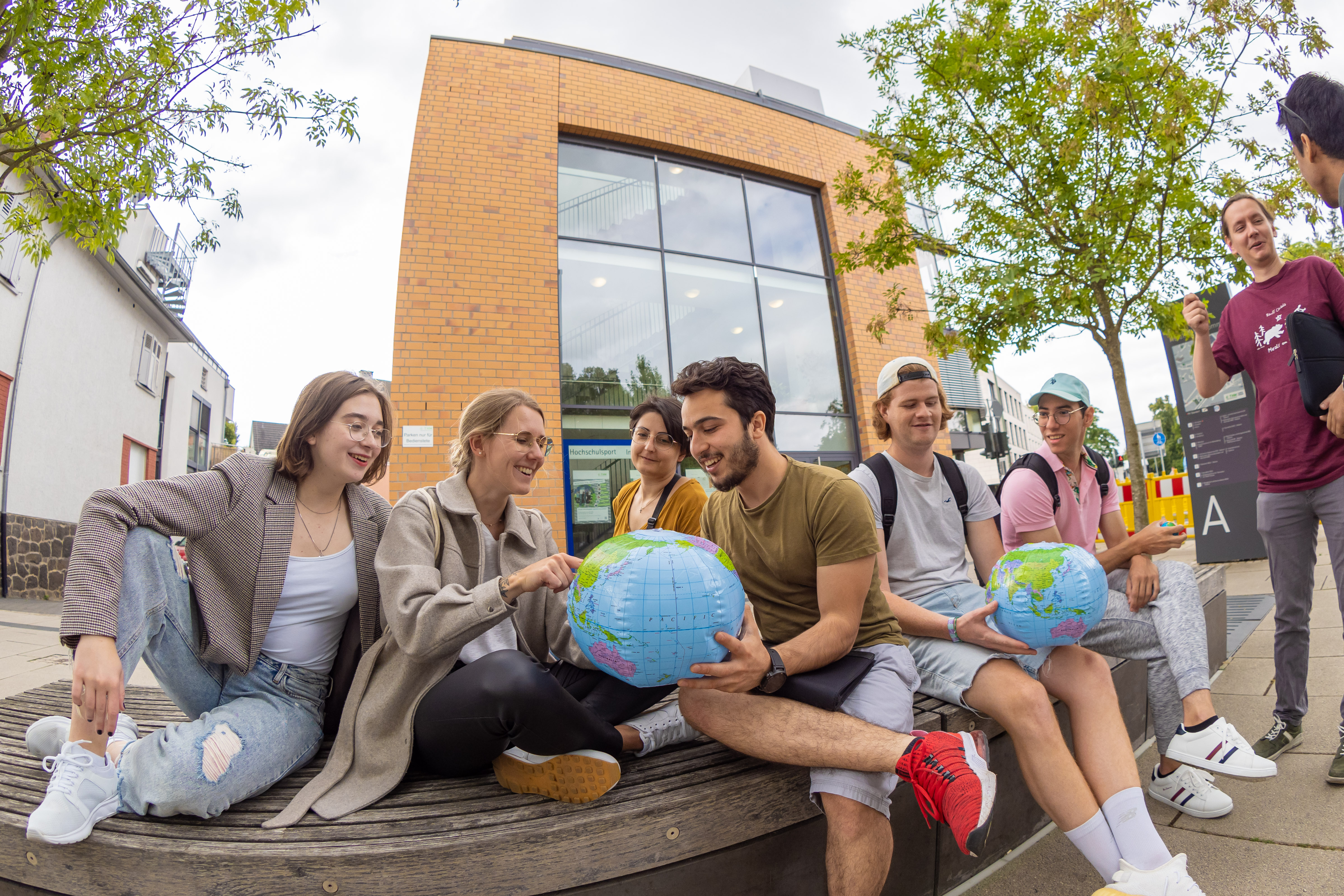
Nach fünf Jahren im gleichen Job wird der Alltag für viele zur Routine. Die ursprüngliche Begeisterung für die Arbeit hat nachgelassen und sich in Monotonie verwandelt. Oft scheint es, als gäbe es keine Aussicht auf Veränderung. Ein möglicher Ausweg? Ein Executive MBA an der THM.
Mit dem MBA der Technischen Hochschule Mittelhessen eröffnen sich neue Wege, um aus der beruflichen Sackgasse auszubrechen und die Karriere voranzutreiben. Das Programm legt großen Wert auf praxisnahes Lernen und internationale Perspektiven, was es ideal für Berufstätige macht, die bereit sind, neue Chancen zu ergreifen und ihr Netzwerk zu erweitern.
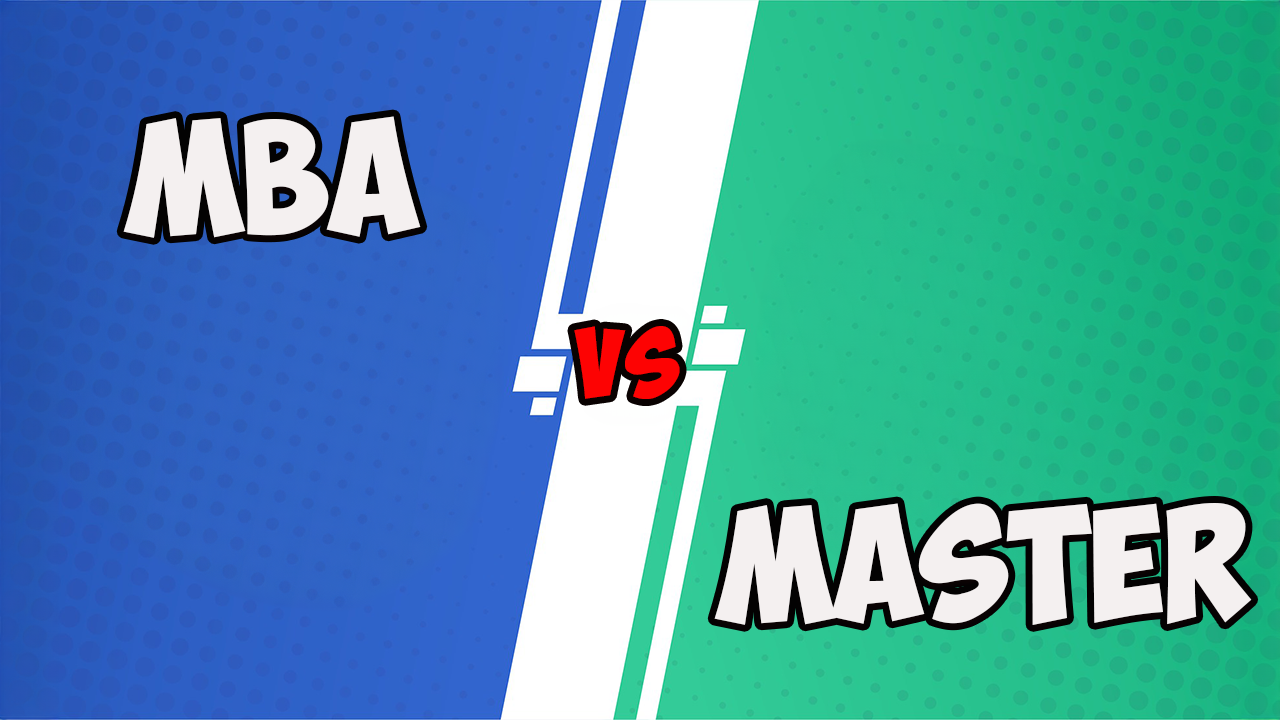
In today's educational landscape, many students are faced with the decision of whether to pursue a traditional Master's degree or an MBA (Master of Business Administration). Both degrees offer different benefits. In this blog post, we highlight the key differences and show why an MBA can be a particularly valuable investment in your professional future.

Our transformative journey to Bergamo, Italy, began on February 21st, 2024 as participants of the MBA program at Technische Hochschule Mittelhessen arrived from various locations, some by car, others by plane, and a few by train. Meeting in Bergamo, we, alongside Italian Master students and two students from our partner university BMI in Vilnius, united in our shared pursuit of knowledge and friendship, ready to start an enriching academic adventure. From February 22nd to February 24th, despite the continuous rainfall throughout our three-day visit, our time in Bergamo was filled with insightful company visits, engaging keynote speeches, and invaluable networking opportunities, providing an intensive experience for us in this wonderful city.
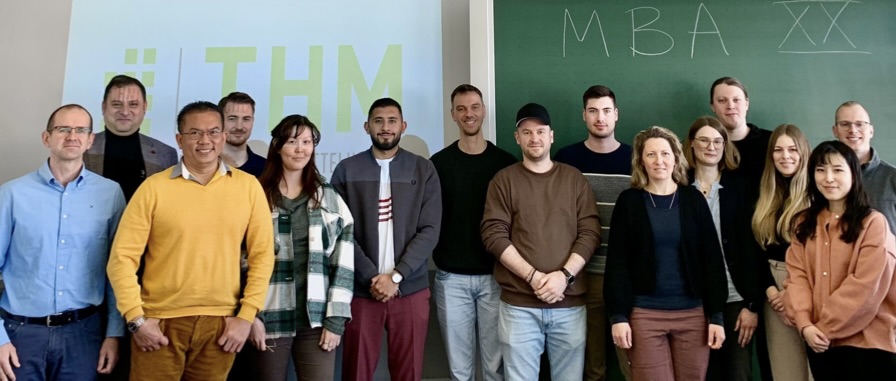
Keeping motivation consistently high can be challenging for some, as motivation naturally ebbs and flows. It's normal for motivation to fluctuate. The key is not letting temporary dips derail our overall progress. By developing strategies and knowing how to apply them, we can continue pushing forward even when motivation isn't at its peak. Seeking inspiration or surrounding ourselves with sources of inspiration, whether through motivational quotes, books, people who inspire us, or studying again at the university while working for a company, provides the spark we need during challenging times.
To keep our balance, we must keep on moving, to keep our hope still alive we must keep on adapting with the changes, keep on learning, keep on dreaming, and keep on working hard to achive our goal. In order for us to be able to keep on "dancing" to the rhythm of the music of time, we must continue learning to follow the direction of technological development which continues to develop rapidly.
AI, or Artificial Intelligence, is currently being discussed almost everywhere and is a topic of widespread interest by everybody because of its impact on society, the economy, ethics, and technology. It refers to the simulation of human intelligence in machines that are programmed to think and learn like humans. AI involves the development of computer systems and algorithms that can perform tasks typically requiring human intelligence, such as understanding natural language, recognizing patterns, solving problems, and making decisions.
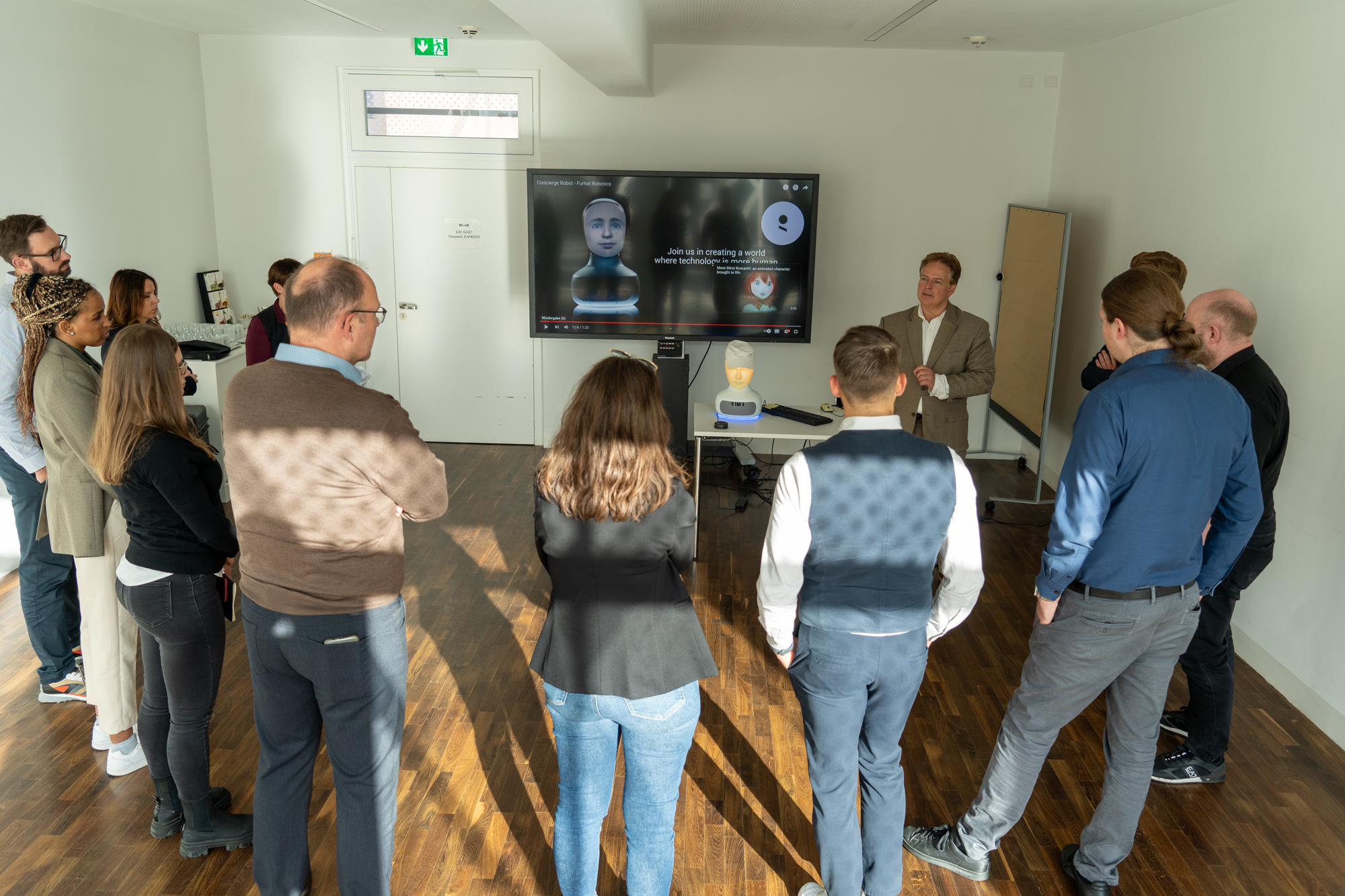
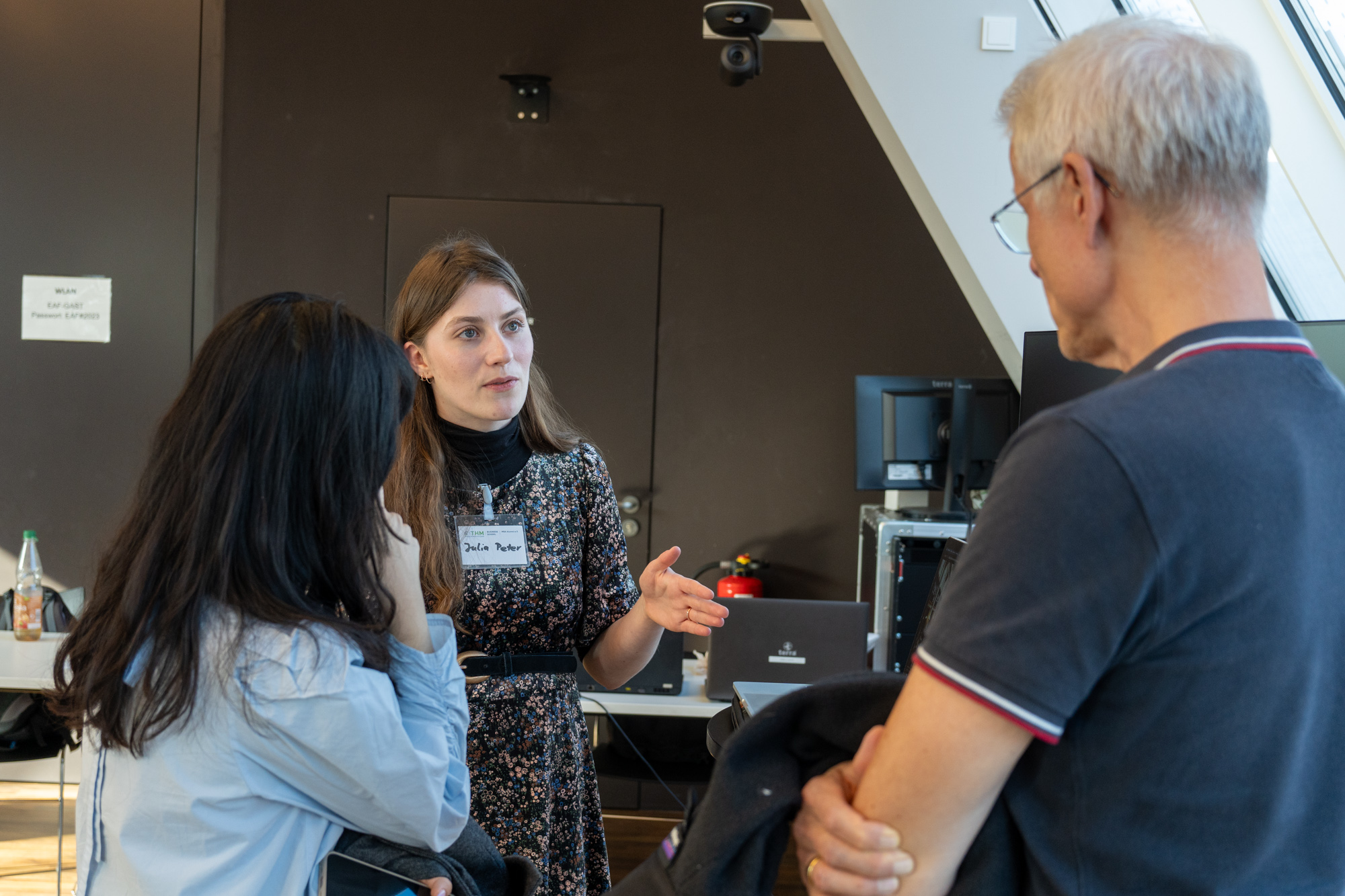

The idiomatic expressions "sharpen the axe" and "broaden your horizon" encapsulate invaluable concepts in the realm of personal and professional development. At THM Business School in Germany, honing our skills can truly equip us with specialized business knowledge—an act comparable to sharpening the axe. On the other hand, expanding our horizons at Pfeiffer University in the USA exposes us to a spectrum of academic, cultural, and community experiences. Ultimately, our educational journey stands to be enriched by synergizing these two approaches for learning and growth.
Moreover, engaging with THM professors fosters personal skill development and professional growth, elevating our strategic thinking. Networking opportunities with fellow classmates create valuable connections and pave the way for promising career prospects. The mandatory international conference at Pfeiffer University in Charlotte, USA, a key component of THM MBA Business School, enables us to explore global perspectives and partake in discussions on international issues.
We recently celebrated the graduation of our 18th MBA class at Johannisberg in Bad-Nauheim on June 30th. From the stunning view of this mountain, we looked out over the THM Friedberg Campus, where our students dedicated two years to their part-time MBA studies.
This graduation marked a significant milestone for us, as we now have a total of 346 MBA graduates! In Germany, women are often underrepresented in MBA programs, making it all the more noteworthy that out of the 18 students in this cohort, seven were female graduates. Six of them can be seen on the picture. What's even more impressive is that two of them managed to give birth to a child during the MBA program. Celebrating with 2 babies and 3 older children it was a true family event.
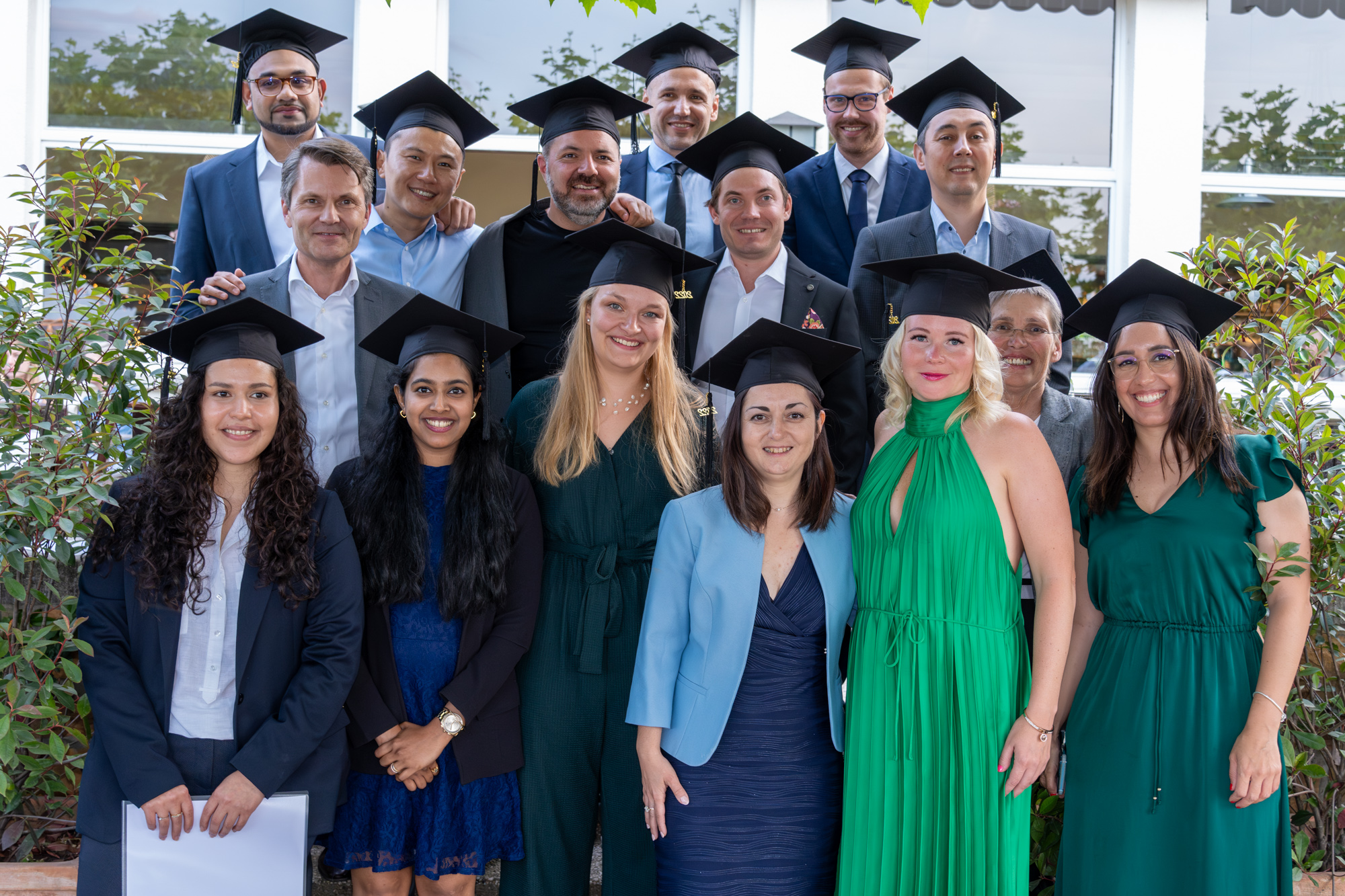
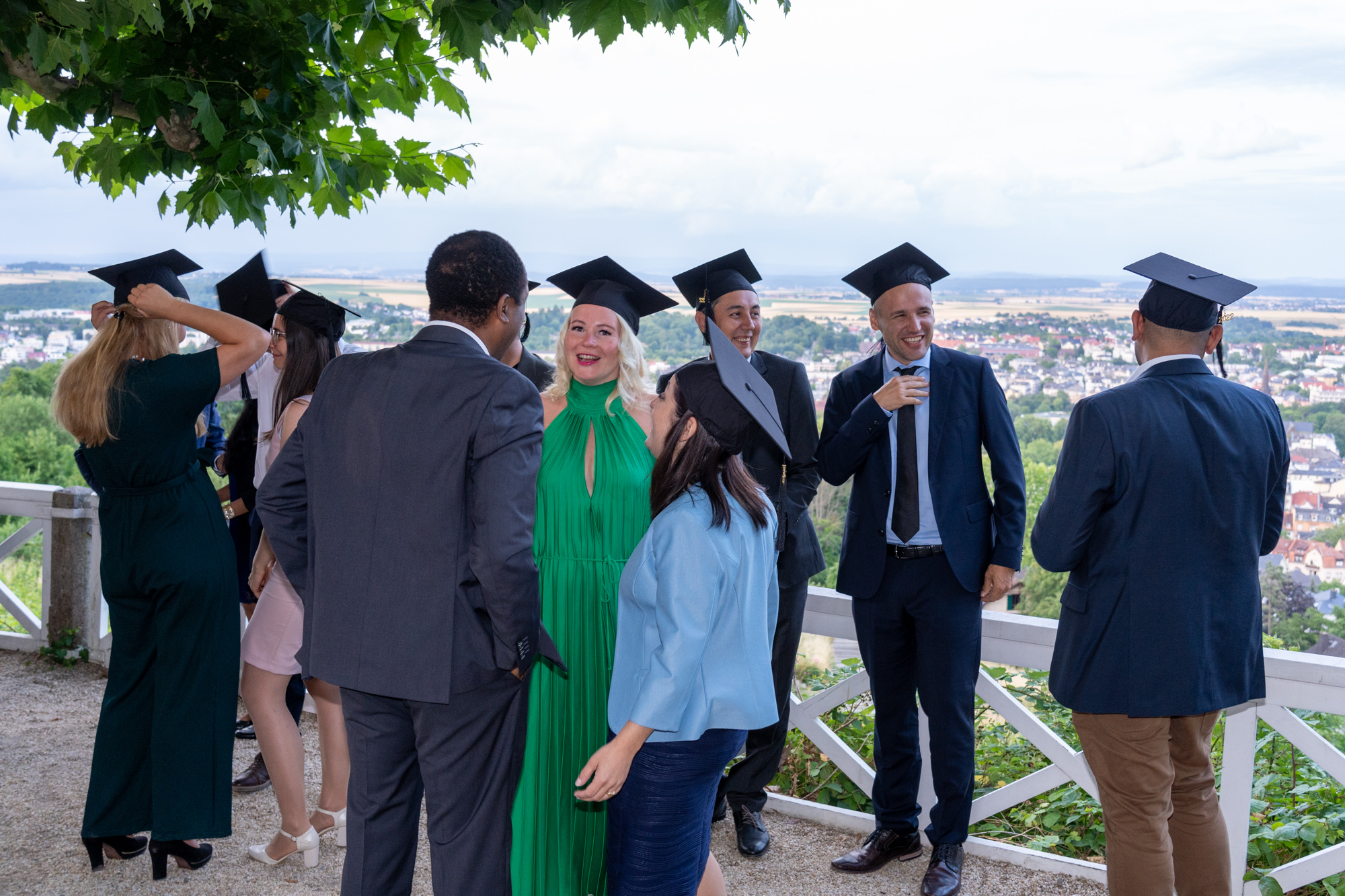
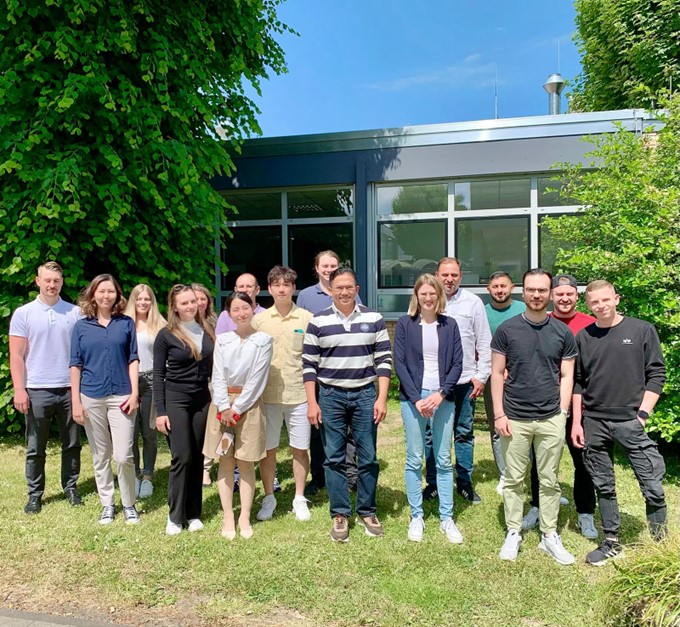 I have been attending the Part-time MBA program at the THM Business School since September 2022, and it has been an incredibly rewarding experience. What attracted me the most to this program is the diversity of professional backgrounds among my classmates. They are highly motivated individuals with a strong desire to enhance their business skills. Additionally, the quality of the professors at THM, who utilize interactive teaching methods, has further convinced me that this business school is the perfect place for me to study and improve my business skills.
I have been attending the Part-time MBA program at the THM Business School since September 2022, and it has been an incredibly rewarding experience. What attracted me the most to this program is the diversity of professional backgrounds among my classmates. They are highly motivated individuals with a strong desire to enhance their business skills. Additionally, the quality of the professors at THM, who utilize interactive teaching methods, has further convinced me that this business school is the perfect place for me to study and improve my business skills.
Throughout the program, I have had the opportunity to dive into various study modules, including leadership, strategic management, international marketing, financial accounting, and even an exchange program in Italy. The case studies and group presentations have been particularly beneficial in improving my business skills. Moreover, this experience has heightened my awareness of the importance of constantly preparing myself for new knowledge that continues to emerge. This is vital for staying competitive not only in the corporate workplace but also in the global arena.
One of the significant advantages of studying part-time at THM Business School is the flexibility it offers. Classes are generally held on weekends (Friday evening and Saturday). This has allowed me to strike a balance between my studies and professional commitments. It is particularly valuable for those of us who work full-time or have other obligations that make attending weekday classes challenging. Furthermore, for students unable to attend lectures on weekends due to unforeseen circumstances, THM still provides the hybrid option for many of the modules, ensuring they don't miss out on quality instruction and can continue learning from any location.
Moreover, the case studies at THM are designed to replicate real-world business challenges. We, as MBA students, are encouraged to apply our knowledge and skills to analyze cases, identify key issues, evaluate alternative solutions, and provide recommendations based on our own analysis. Additionally, the group presentations foster collaboration among students, allowing us to showcase our understanding and findings before the class. These group presentations cultivate teamwork, effective communication, and the ability to convey complex information concisely.











